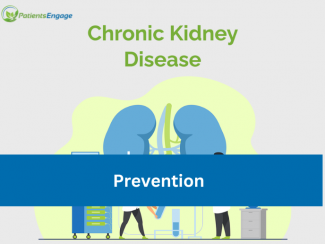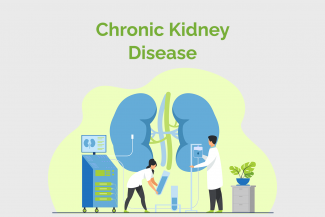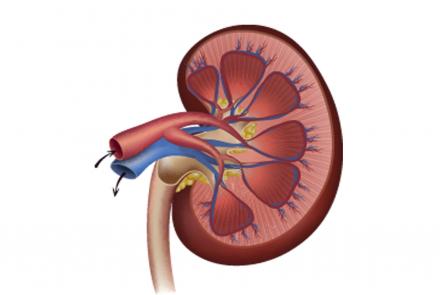Chronic kidney disease (CKD) is a worldwide public health problem.
lthough the exact reasons for the growth of CKD are unknown, changes in the demographics of the population, differences in disease burden among racial groups, and under-recognition of earlier stages of CKD and of risk factors for CKD may partially explain this growth
It is also known as Chronic Renal Disease.

Can Chronic Kidney Disease (CKD) be prevented:
The following may reduce your risk of developing or worsening CKD:
- Stop smoking and drinking alcohol
- Eat a balanced diet – avoid eating high cholesterol foods
- Exercise regularly
- Avoid usage of unprescribed medicine e.g. NSAIDs (pain killers) and abuse of antibiotics
- Manage your diabetes well
- Control your blood pressure
Changed
30/Mar/2025
Condition











